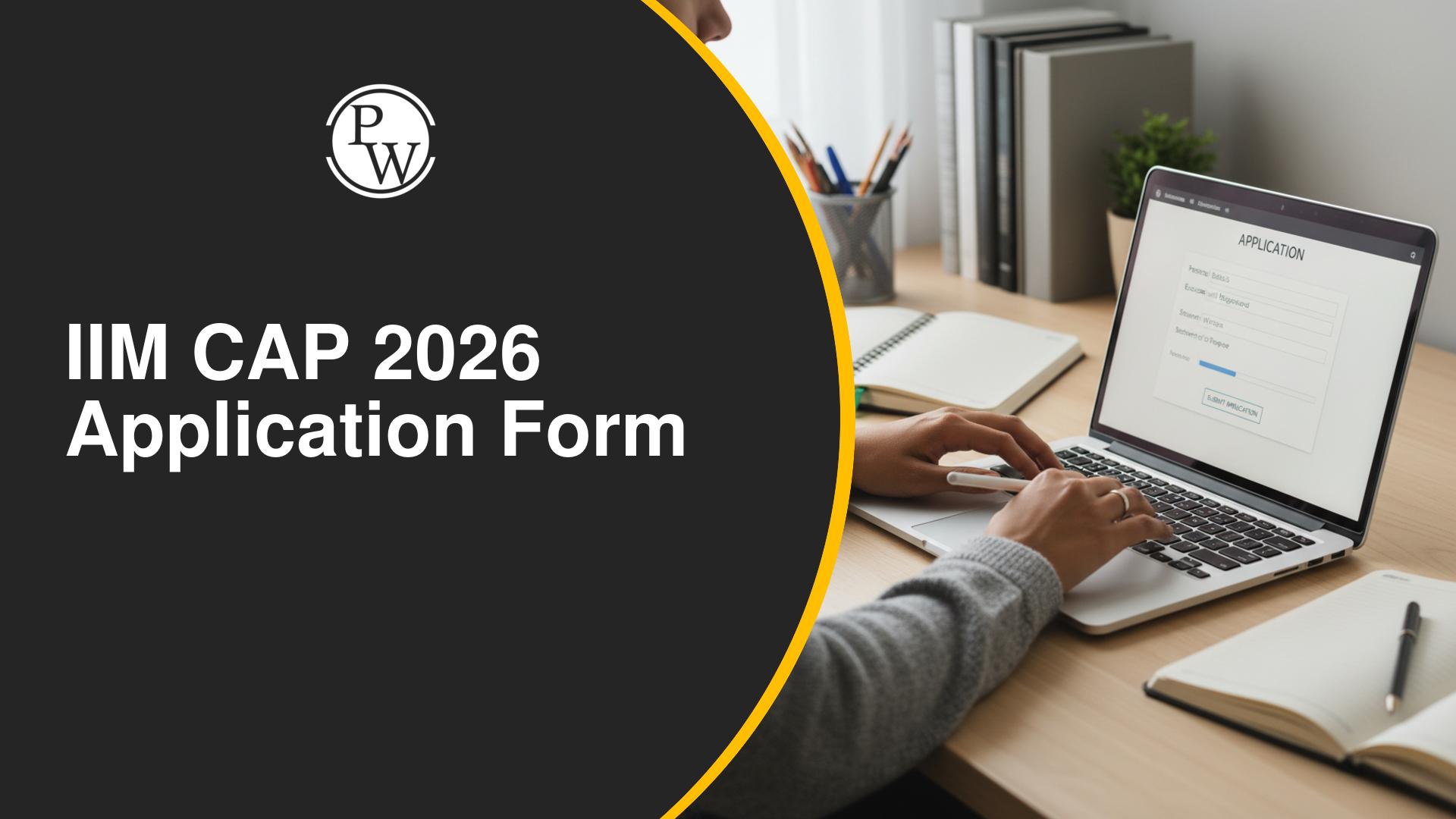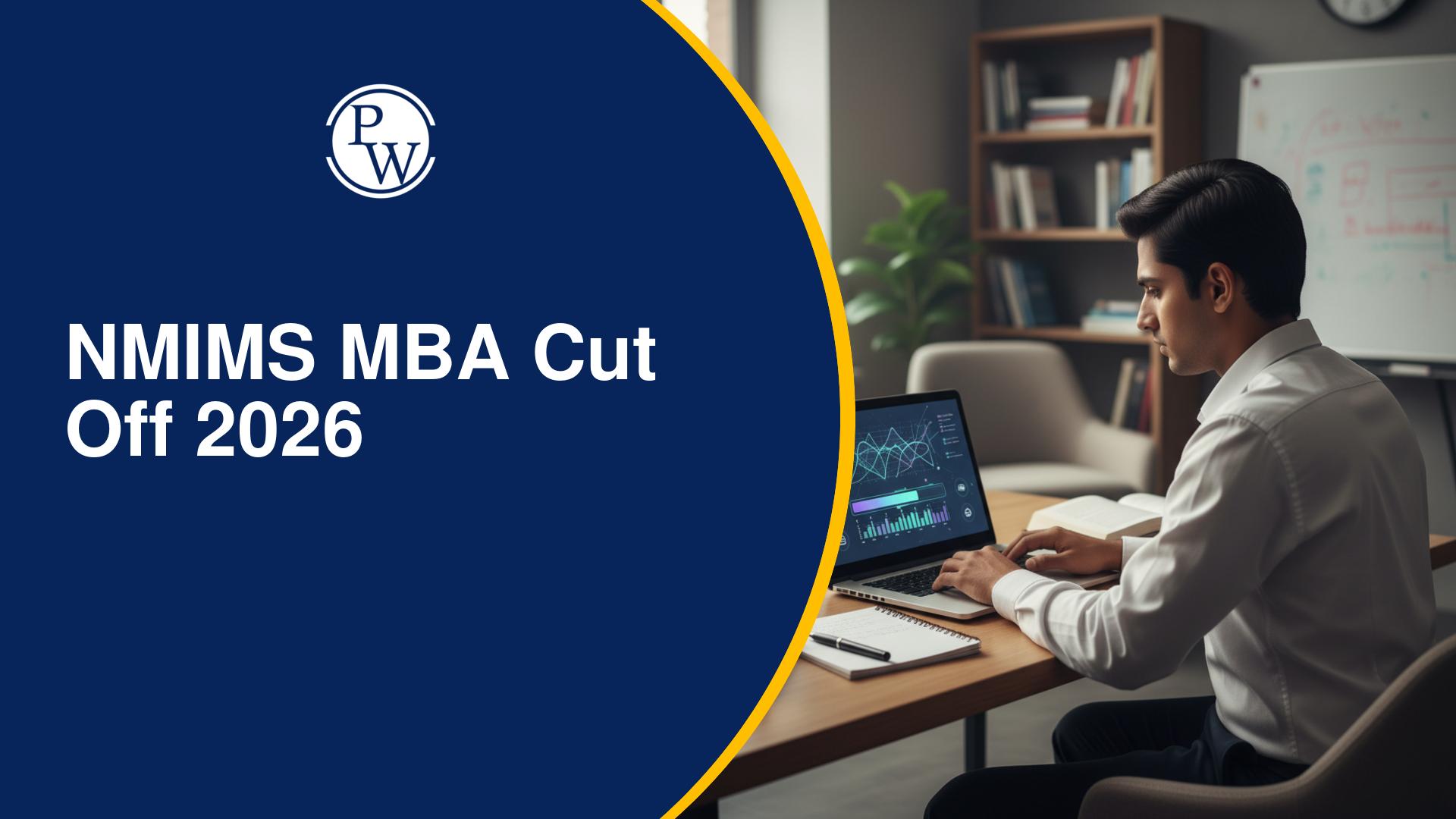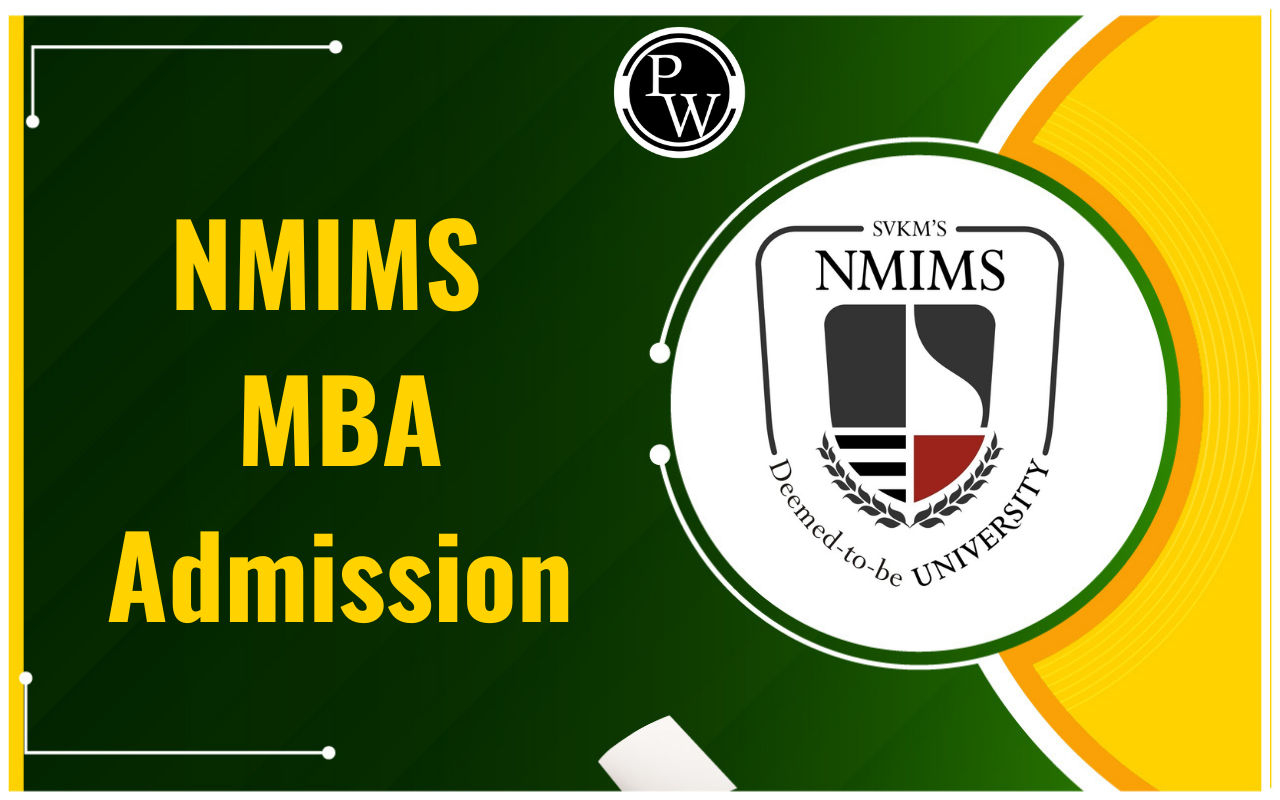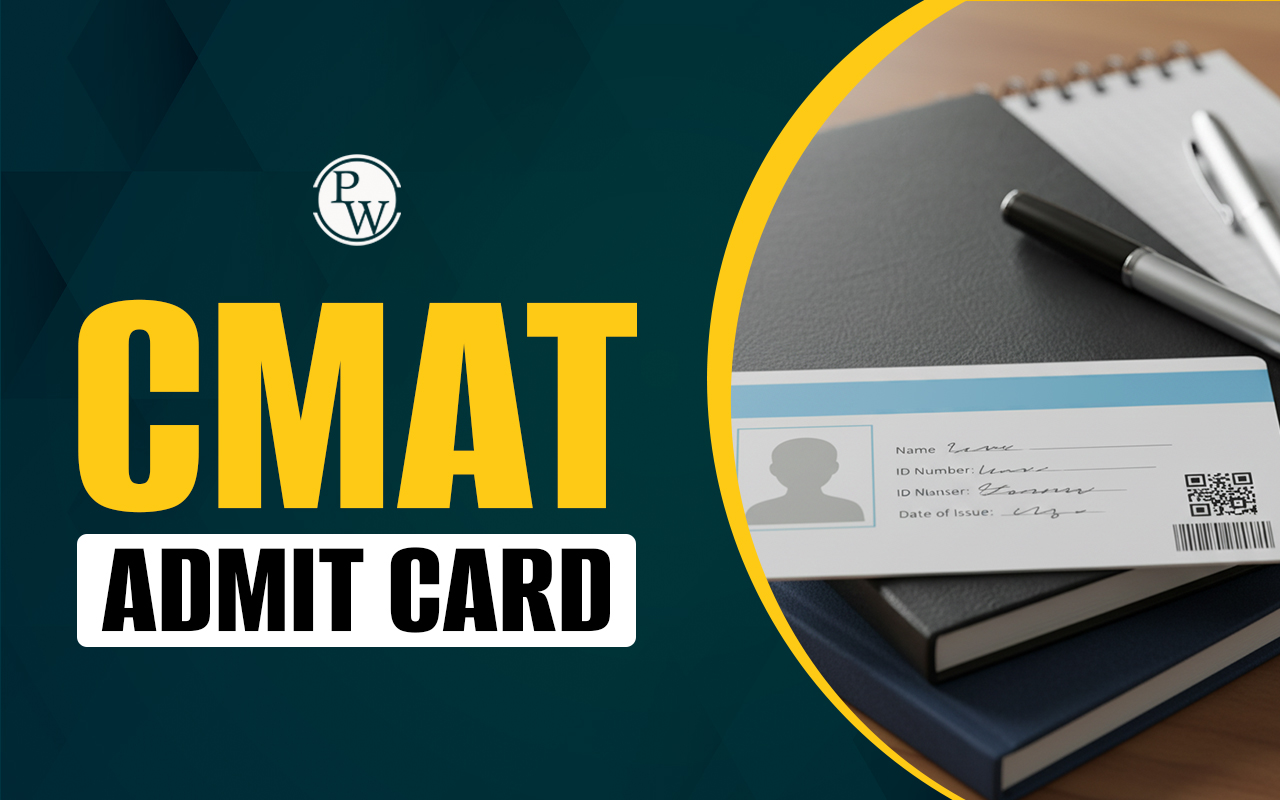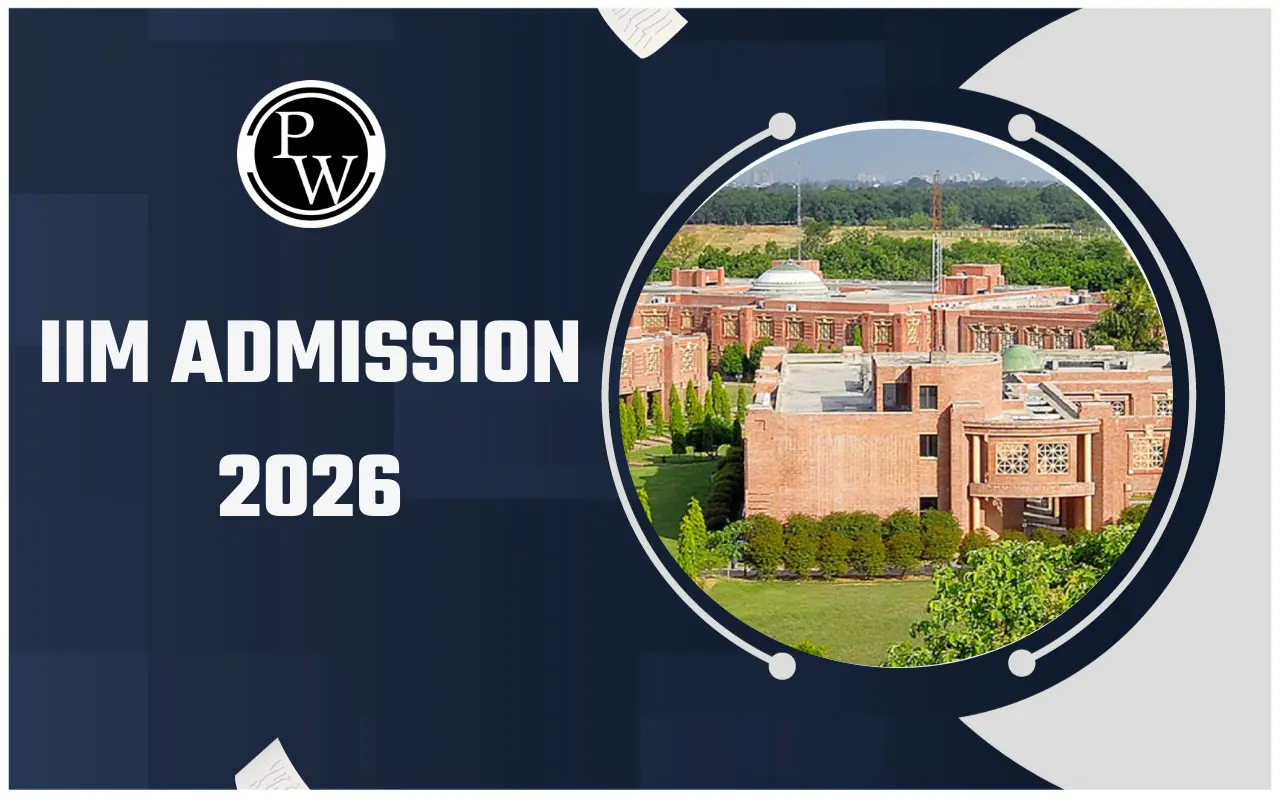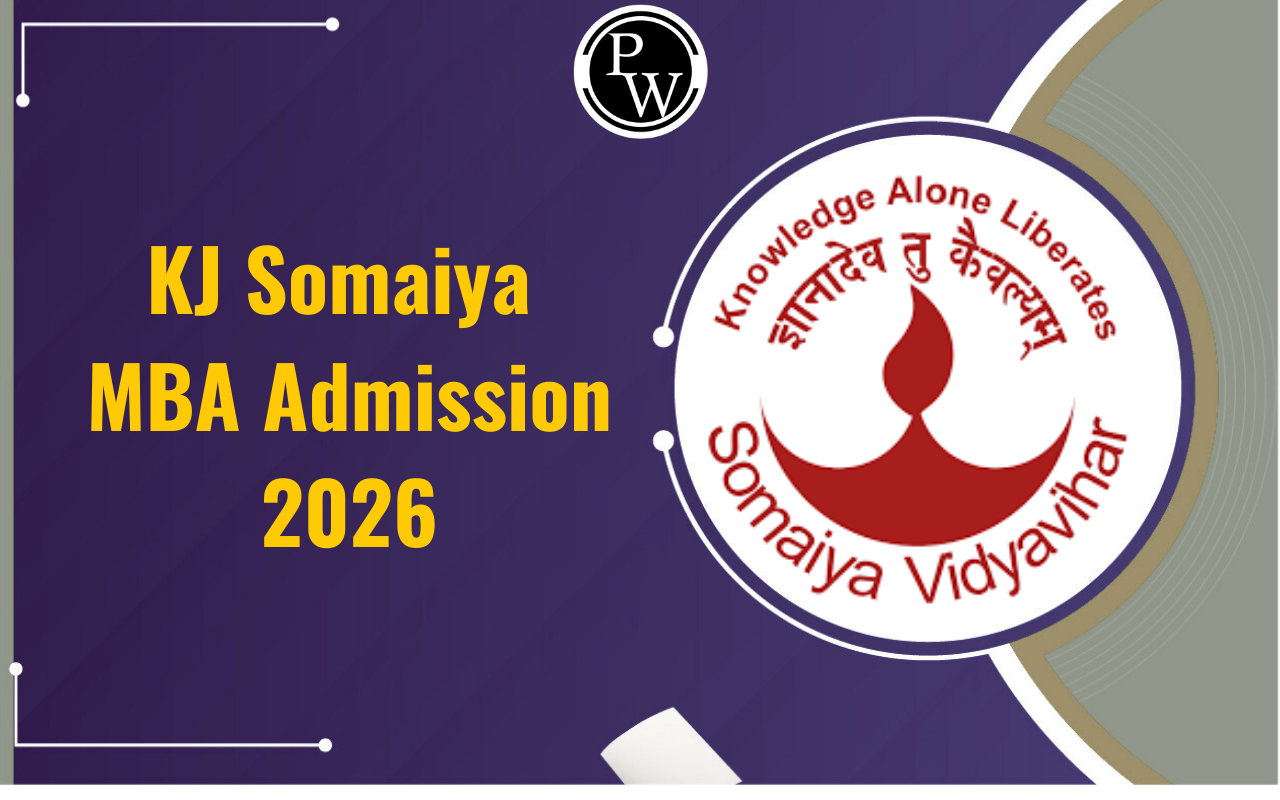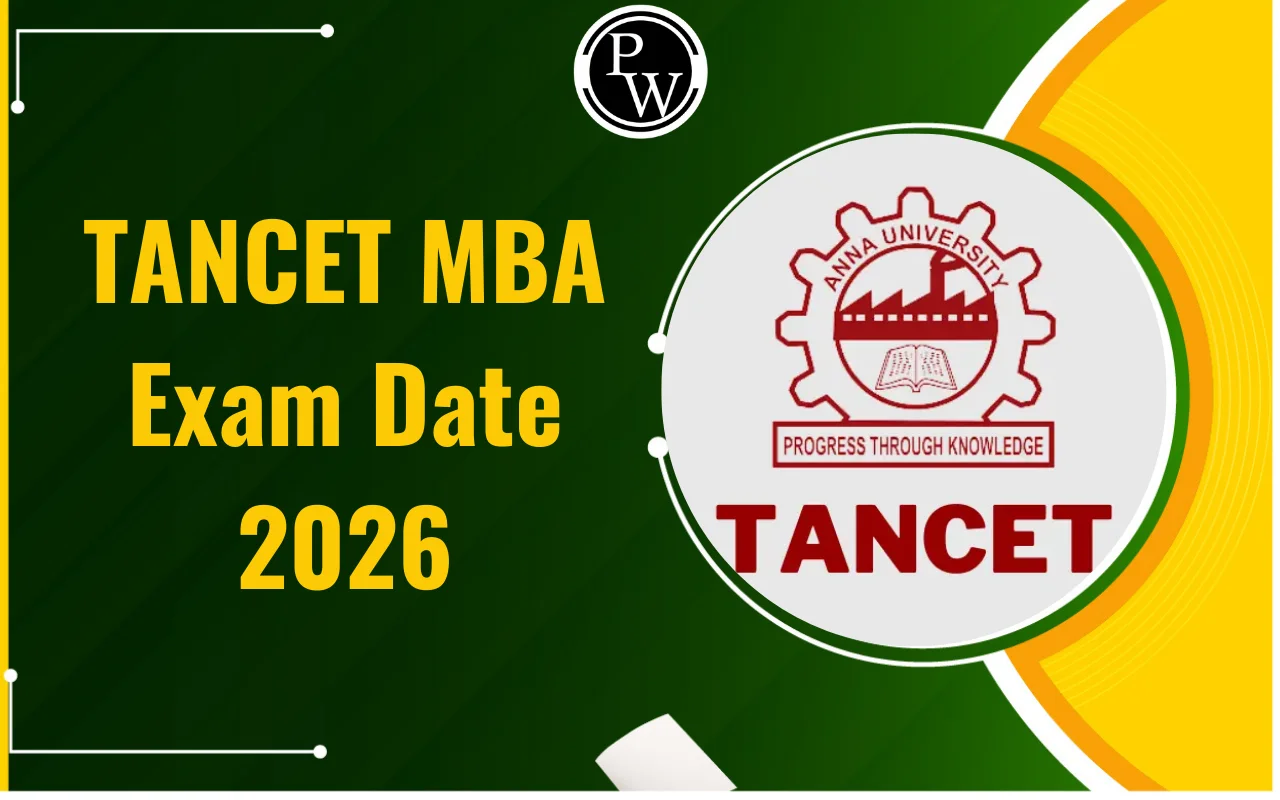
GMAT Verbal Question Types on the Focus Edition: The GMAT Focus Edition Verbal section consists of 23 questions to be answered in 45 minutes, with an average of 1 minute and 57 seconds per question. There are only two question types in the Focus Verbal section:
- Critical Reasoning (9-10 questions)
- Reading Comprehension (13-14 questions)
Also Read: GMAT Syllabus 2024
- Reading Comprehension questions require you to understand what you read, make logical connections between different ideas, and draw conclusions based on the given information.
GMAT Verbal Question Types on the Focus Edition
The GMAT Focus Edition, a new version of the Graduate Management Admission Test (GMAT), has introduced some significant changes to the Verbal Reasoning section. Unlike the standard GMAT, the Focus Edition features only two question types: Critical Reasoning and Reading Comprehension, with no Sentence Correction questions. Note: Understanding these changes is crucial for effective preparation and success on the exam.Overview of GMAT Focus Edition Verbal SectionThe GMAT Focus Edition Verbal Section is a critical component of the exam, accounting for one-third of the total score. It consists of 23 questions to be completed in 45 minutes, providing an average of 1 minute and 57 seconds per question. Note: This means that test-takers have an average of 1 minute and 57 seconds to answer each question. The Verbal section accounts for one-third of the total GMAT Focus Edition score, along with the Quantitative Reasoning and Data Insights sections.
Structural Changes in the Focus Edition
- Question Types : The Focus Verbal section exclusively features Critical Reasoning and Reading Comprehension questions, omitting Sentence Correction.
- Question Review & Edit : A new feature allows for question review and editing after completing all questions, enhancing the overall test experience.
Critical Reasoning Questions
Critical Reasoning (CR) questions make up approximately 9 to 10 of the 23 questions in the GMAT Focus Edition Verbal section. Each CR question begins with a short passage (typically fewer than 100 words) that presents an argument or scenario.Following the passage, test-takers are asked to determine which of the five answer choices is logically related to the passage in a particular way. This could involve identifying an inference, resolving an apparent paradox, finding a flaw in the argument's logic, or evaluating the strength or weakness of the presented argument.
- Nature of Questions : Approximately 9-10 out of the 23 Verbal questions are Critical Reasoning, focusing on argument analysis and logical evaluation.
- Question Format : Each Critical Reasoning question presents a short passage followed by specific tasks like identifying assumptions, strengthening or weakening arguments, or resolving paradoxes.
Example CR Question
Here's an example of a GMAT Focus Edition Critical Reasoning question: Passage: The government's recent decision to increase funding for public education is a positive step towards improving the quality of education in the country. However, the additional funds will be allocated primarily to upgrading school infrastructure, such as building new classrooms and improving facilities. While these improvements are necessary, they do not directly address the root cause of the problem: the lack of qualified and well-trained teachers in the education system.Question: Which of the following, if true, would most weaken the argument presented in the passage?
- A) The government has also allocated a significant portion of the additional funds to provide training and professional development opportunities for teachers.
- B) The new classrooms and improved facilities will create a more conducive learning environment for students.
- C) The lack of qualified teachers is a result of low salaries and poor working conditions in the education sector.
- D) The government plans to introduce a merit-based system for teacher recruitment and promotion.
- E) The additional funds will be distributed equally among all public schools in the country.
Reading Comprehension
Reading Comprehension (RC) questions make up the remaining 13 to 14 questions in the GMAT Focus Edition Verbal section. These questions are based on passages drawn from various subjects, including physical sciences, life sciences, social sciences, and business. RC questions test your ability to understand the main ideas, identify supporting details, make inferences, and draw logical conclusions from the given information. You may be asked to determine the primary purpose of the passage, recognize the author's tone and style, or identify the logical structure of the text- Question Characteristics : Reading Comprehension questions are based on 3-4 passages covering various topics, followed by 3-4 questions each.
- Skills Tested : Test-takers are assessed on their ability to identify main ideas, infer conclusions, discern logical structures, and recognize style and tone.
Example RC Question
Here's an example of a GMAT Focus Edition Reading Comprehension question:Passage: The rise of e-commerce has had a significant impact on traditional retail businesses. Online shopping platforms offer consumers a convenient and accessible way to purchase goods from the comfort of their homes, often with a wider selection and competitive prices compared to brick-and-mortar stores. As a result, many traditional retailers have had to adapt their business models to remain competitive in the digital age. Some have embraced e-commerce by establishing their own online presence, while others have focused on enhancing the in-store experience to attract customers. However, the transition has not been easy, and some retailers have struggled to keep up with the pace of change, leading to store closures and bankruptcies. Question: According to the passage, which of the following is a way in which traditional retailers have adapted to the rise of e-commerce?
- A) Offering lower prices to compete with online retailers B) Focusing on providing a unique in-store experience for customers C) Expanding their product selection to match online retailers D) Partnering with e-commerce platforms to sell their products online E) Investing in advanced technologies to improve their online presence
Strategies for Success in GMAT Verbal Question Type
Mastering the GMAT Focus Edition Verbal Section requires a strategic approach, emphasizing critical thinking, logical reasoning, and effective text interpretation. By familiarizing yourself with the question types, structuring your preparation, and honing specific skills, you can enhance your performance and achieve your target GMAT score.- Critical Reasoning Mastery : Avoid relying on intuition, focus on logical evaluation, and understand the implications of arguments presented.
- Reading Comprehension Techniques : Read for overall understanding, revisit passages as needed, and practice drawing logical conclusions based on provided information.
GMAT Verbal Question Types on the Focus Edition FAQs<span style=
What is the most difficult section of the GMAT Focus Edition Verbal?
Many find Critical Reasoning the trickiest, but Reading Comprehension can be time-consuming with long passages. It depends on your strengths and weaknesses.
How is the GMAT Focus Edition Verbal section scored?
The Verbal section is scored on a scale of 60-90, in 1-point increments, along with the Quantitative Reasoning and Data Insights sections. All three sections are weighted equally in the total GMAT Focus score.
Can I skip questions in the GMAT Focus Edition Verbal section?
No, you cannot skip questions. However, you can bookmark questions as you work through the section for easy review later.
What happens if I have time remaining at the end of the GMAT Focus Edition Verbal section?
If time remains after answering all questions, you can return to the review screen and edit up to 3 of your answers. You can also review bookmarked questions.
Talk to a counsellorHave doubts? Our support team will be happy to assist you!

Check out these Related Articles
Free Learning Resources
PW Books
Notes (Class 10-12)
PW Study Materials
Notes (Class 6-9)
Ncert Solutions
Govt Exams
Class 6th to 12th Online Courses
Govt Job Exams Courses
UPSC Coaching
Defence Exam Coaching
Gate Exam Coaching
Other Exams
Know about Physics Wallah
Physics Wallah is an Indian edtech platform that provides accessible & comprehensive learning experiences to students from Class 6th to postgraduate level. We also provide extensive NCERT solutions, sample paper, NEET, JEE Mains, BITSAT previous year papers & more such resources to students. Physics Wallah also caters to over 3.5 million registered students and over 78 lakh+ Youtube subscribers with 4.8 rating on its app.
We Stand Out because
We provide students with intensive courses with India’s qualified & experienced faculties & mentors. PW strives to make the learning experience comprehensive and accessible for students of all sections of society. We believe in empowering every single student who couldn't dream of a good career in engineering and medical field earlier.
Our Key Focus Areas
Physics Wallah's main focus is to make the learning experience as economical as possible for all students. With our affordable courses like Lakshya, Udaan and Arjuna and many others, we have been able to provide a platform for lakhs of aspirants. From providing Chemistry, Maths, Physics formula to giving e-books of eminent authors like RD Sharma, RS Aggarwal and Lakhmir Singh, PW focuses on every single student's need for preparation.
What Makes Us Different
Physics Wallah strives to develop a comprehensive pedagogical structure for students, where they get a state-of-the-art learning experience with study material and resources. Apart from catering students preparing for JEE Mains and NEET, PW also provides study material for each state board like Uttar Pradesh, Bihar, and others
Copyright © 2026 Physicswallah Limited All rights reserved.
